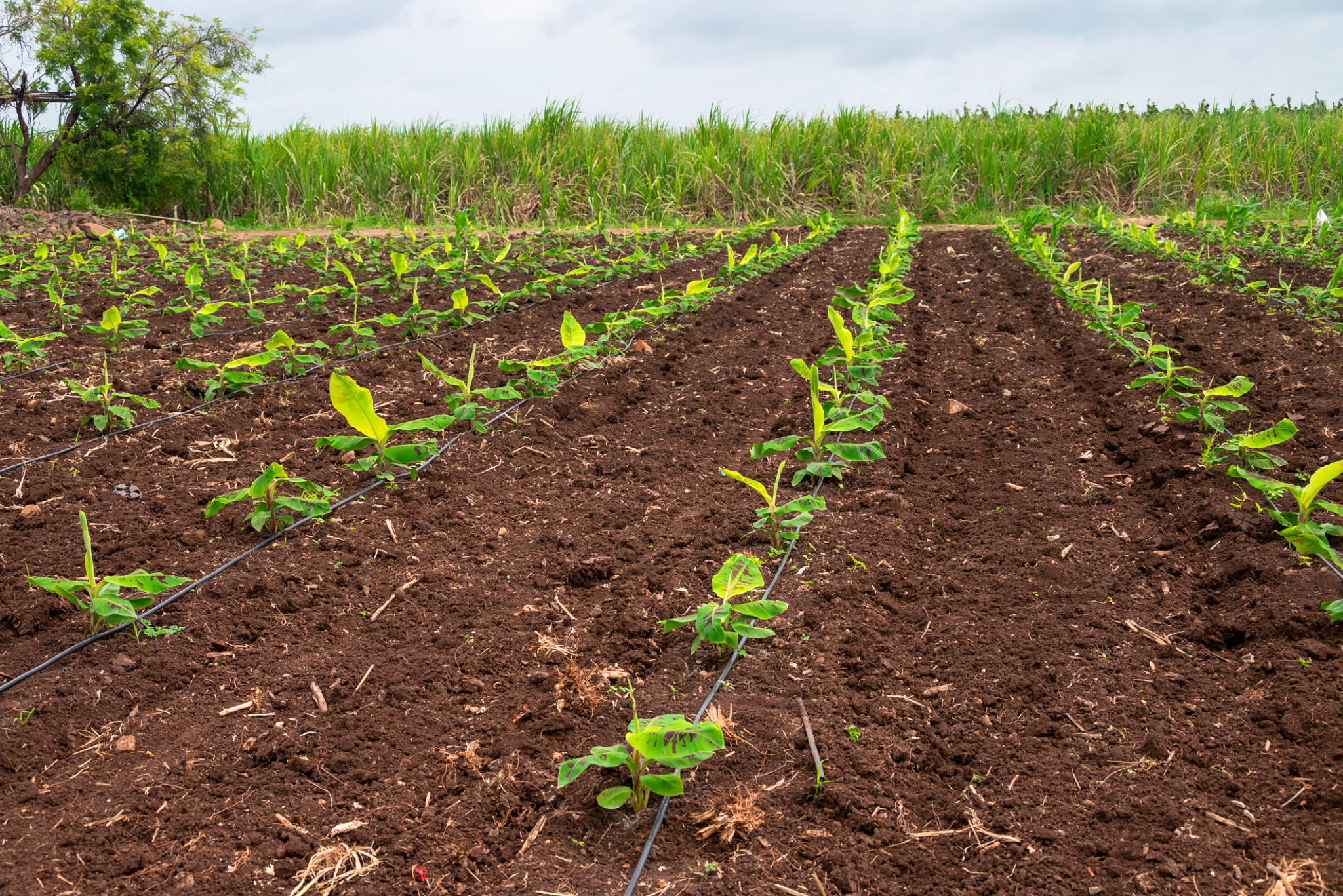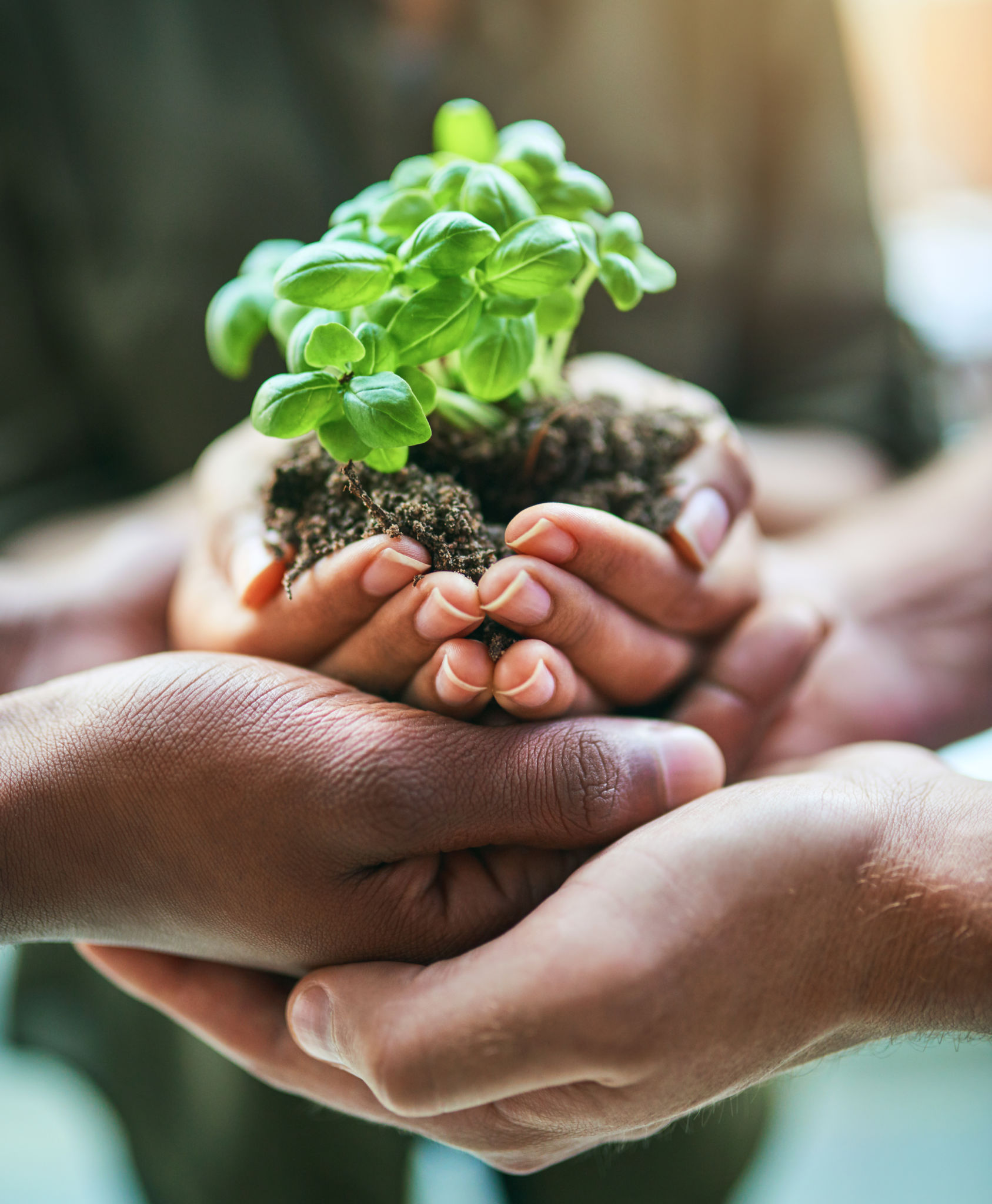The Future of Regenerative Agriculture: Insights from Dubai's Experts
As the global focus sharpens on sustainable agricultural practices, regenerative agriculture is emerging as a beacon of hope. In Dubai, a city known for its innovation and forward-thinking initiatives, experts are delving into the potential of regenerative agriculture to revolutionize food production. This blog post explores the insights shared by these experts and what the future holds for this promising approach.
Understanding Regenerative Agriculture
Regenerative agriculture is more than just a method of farming; it's a holistic approach that aims to restore and enhance the entire ecosystem. By focusing on soil health, biodiversity, and water management, this practice seeks to create a sustainable agricultural system that benefits both the environment and communities.
Dubai's experts emphasize the importance of soil regeneration as a foundational element. Healthy soil contributes to increased carbon sequestration, improved crop yields, and enhanced water retention, all vital for addressing climate change challenges.

Innovative Techniques in Dubai
Dubai is at the forefront of adopting cutting-edge techniques to promote regenerative agriculture. Experts are exploring the use of technology such as drones, IoT devices, and AI to monitor and optimize farming practices. These technologies allow for precise application of resources, reducing waste and enhancing productivity.
Additionally, vertical farming and hydroponics are being integrated into regenerative systems to maximize space efficiency and reduce water usage. This is particularly significant in arid regions like Dubai, where water conservation is crucial.

Community and Economic Benefits
Beyond environmental advantages, regenerative agriculture offers substantial community and economic benefits. By fostering local food systems, it creates opportunities for small-scale farmers and entrepreneurs. This localized approach reduces dependency on imports, strengthens food security, and supports the local economy.
Experts in Dubai are also focusing on educational initiatives to raise awareness and train the next generation of farmers in regenerative practices. These programs aim to build a knowledgeable workforce equipped to sustain and grow this agricultural movement.

Challenges and Solutions
Despite its potential, regenerative agriculture faces several challenges, including the initial costs of transitioning from conventional methods and the need for widespread education and awareness. Dubai's experts suggest a collaborative approach, involving government support, private sector partnerships, and community engagement to overcome these hurdles.
Financial incentives, such as subsidies and grants, can encourage farmers to adopt regenerative practices. Moreover, creating platforms for knowledge sharing and innovation can accelerate the adoption of these sustainable methods.
The Path Forward
The future of regenerative agriculture in Dubai looks promising, with experts advocating for an integrative approach that combines traditional wisdom with modern technology. By prioritizing sustainability and resilience, Dubai is setting a precedent for global agricultural practices.
As the world continues to grapple with climate change and food security issues, regenerative agriculture offers a viable path forward. With the insights and initiatives emerging from Dubai's experts, this approach could very well shape the future of farming worldwide.
